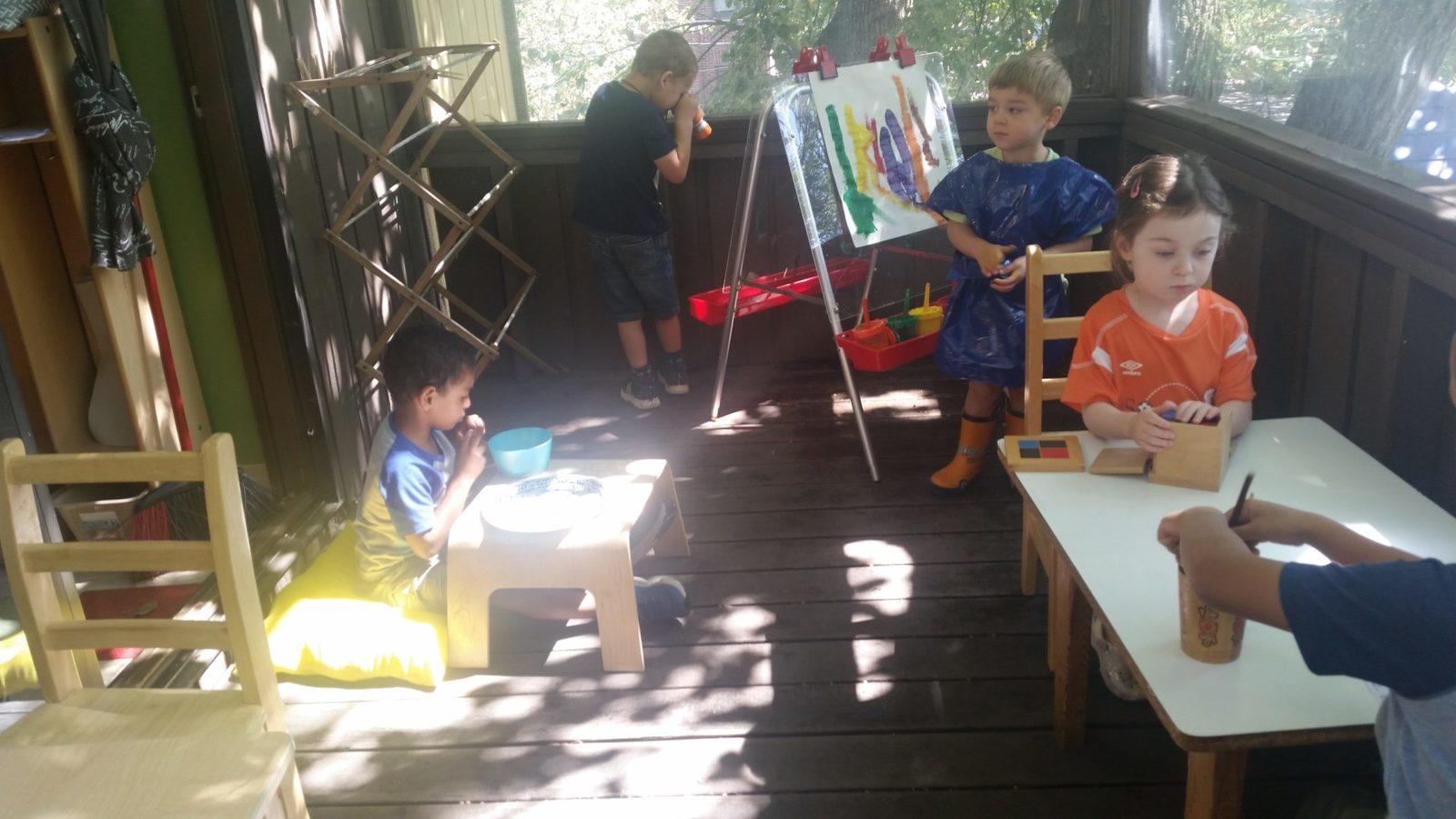
Sending your child to a Montessori school gives them a whole different experience as they learn and grow. Along with a new approach to academics, children will learn many social aspects within the unique classroom setting. Building a foundation of social skills is an essential part of growing, and children can utilize the skills as they grow older.
See four ways that Montessori schools can help with social interactions and help foster a positive environment for your child’s future.
1. Classroom Freedom
As children grow and go through the early stages of school, sitting at a desk all day does not promote the most ideal ways to encourage social interactions. Children can get restless and are often forced to face specific directions, so a lot of the social interactions do not come off naturally. A Montessori classroom offers freedom to foster natural interactions.
Children are encouraged to explore the classroom area and have the freedom to go to different areas. Social interactions will form more naturally as children explore and play together. The independence a child has in the classroom can help build up their confidence and create more positive interactions in the future.
2. Conflict Resolution
With children exploring classrooms and engaging in various activities, conflicts are bound to arise. Through the Montessori setting, children will learn how to get through basic conflict resolution. A child will learn how to handle situations, deal with emotions, and work through their feelings.
Teachers are there to help the child grow and learn from different situations. A child can learn at their own pace, giving extra time and care to work out specific situations and help a child thrive through various situations. In a traditional classroom, smaller conflicts and situations could sometimes be brushed off due to time constraints and set activities.
When focus is placed on situations, a child knows the best ways to react, and feelings are not suppressed or ignored.
3. Larger Class Sizes
One of the main reasons extra focus is placed on conflict resolution and social interactions is due to larger classroom sizes. With fewer teachers for larger groups of students, the children will learn how to speak up for themselves and handle social situations. If needed, a teacher can still guide, explain, and step in when the situation calls for it.
If your child has anxiety or stress, a teacher can recognize the elements and help navigate the child through healthy situations. One of the other benefits associated with the larger class sizes is the mixed ages. Children’s maturity levels vary, so a four-year-old child may seek out more social interactions with six-year-olds then their peers.
Students will learn how other children behave and how to feed off of various social skills to adapt, grow, and properly communicate. Older children can showcase maturity that the younger children will learn from.
4. Exploration and Interests
The open classroom of a Montessori school gives children the chance to explore and find activities they are interested in. In many cases, a child will find someone else who enjoys the same activities. Through the shared interests, friendships will grow, and children will learn to work together on projects and other activities.
Conversations can expand about the interests, and children can even work together to get other children interested in specific activities. The sharing aspect will help build a healthy social foundation and improve their communication skills.
For example, if your child has spent months mastering a favorite activity, they could learn how to communicate and teach another child how to do the activity. Working together and growing personal relationships will go a long way long in building independence and confidence.
For more information on our programs, contact us at Miniapple International Montessori School. A tour of the school can showcase ways your child will learn and grow through social interactions and the unique classroom setting.

